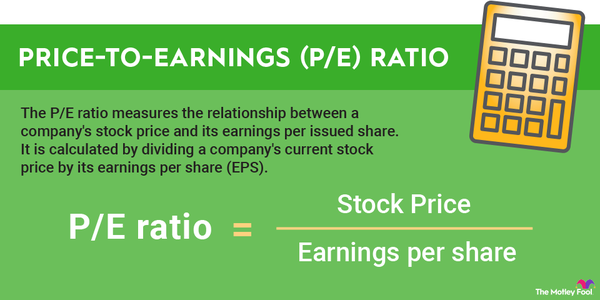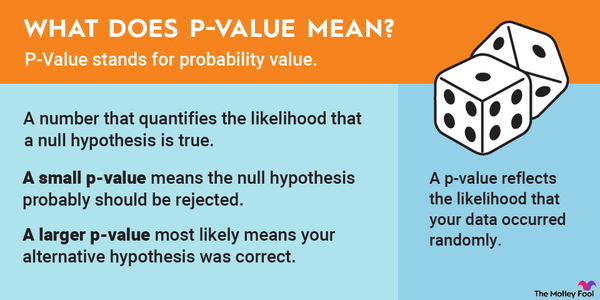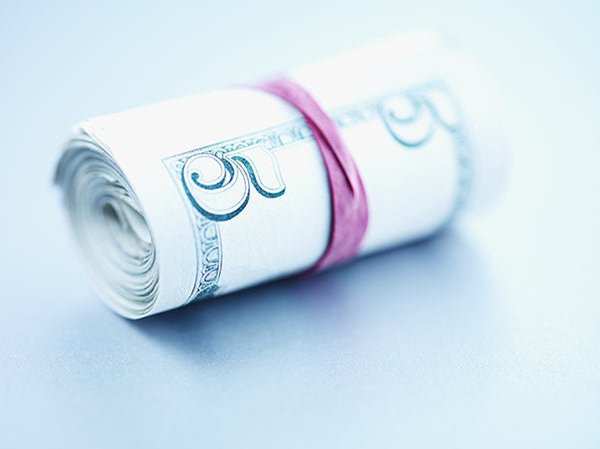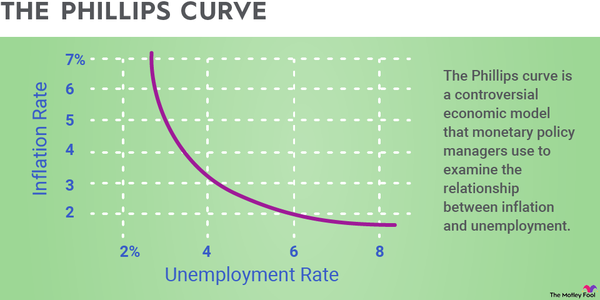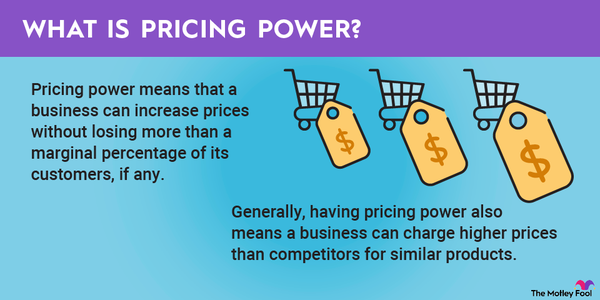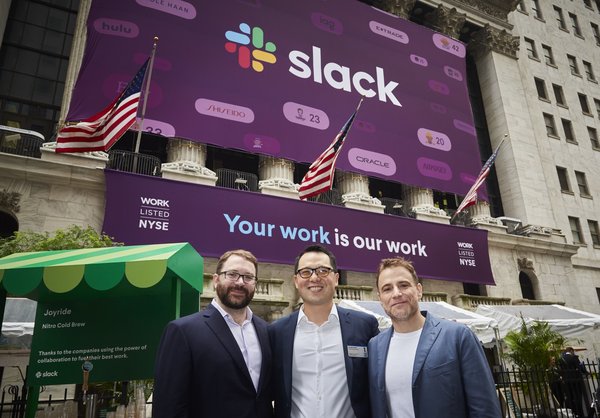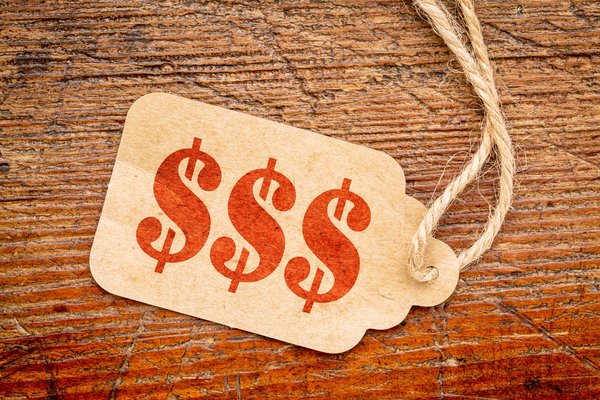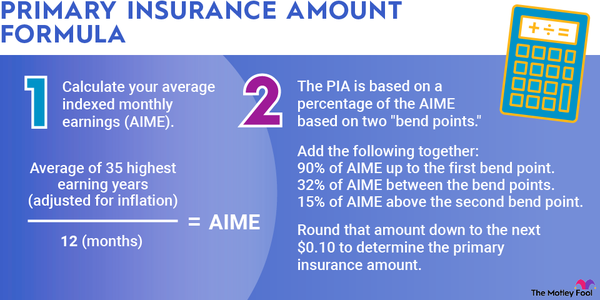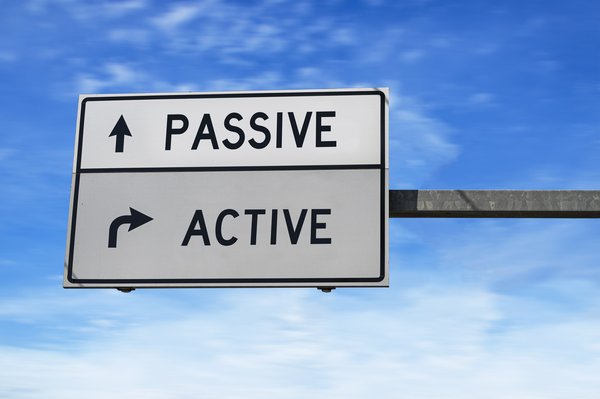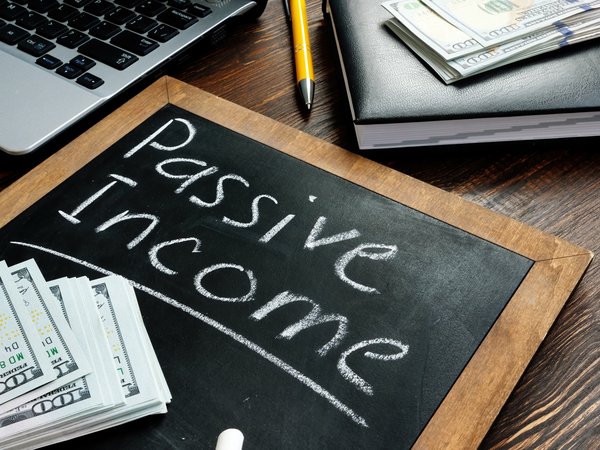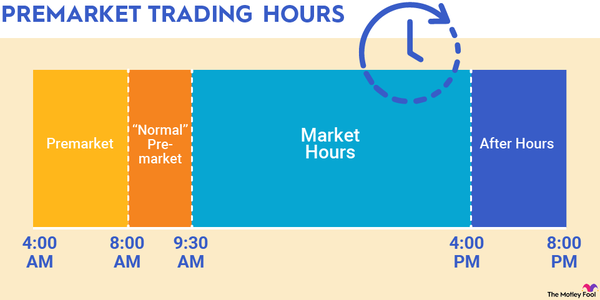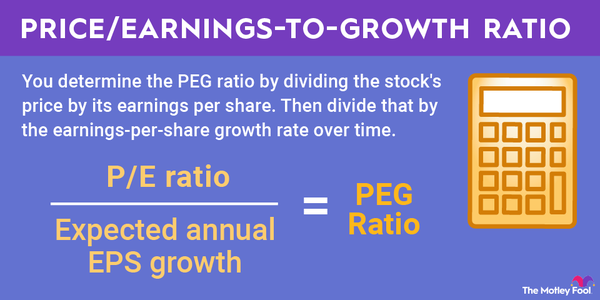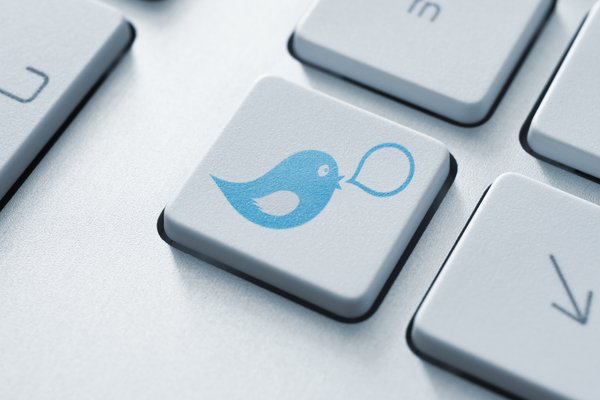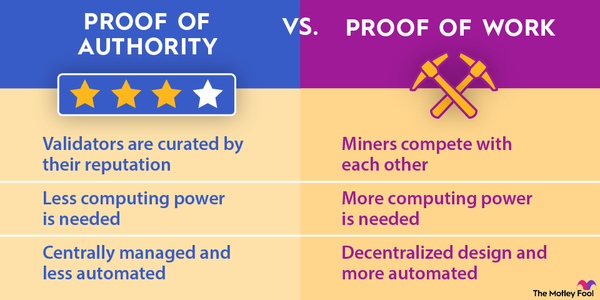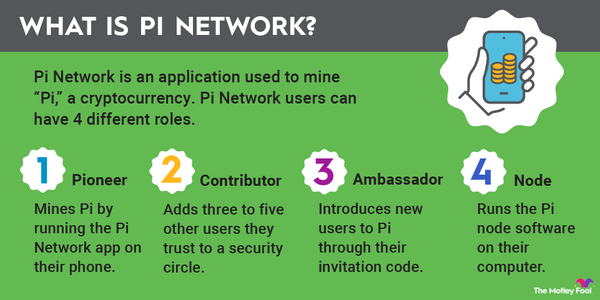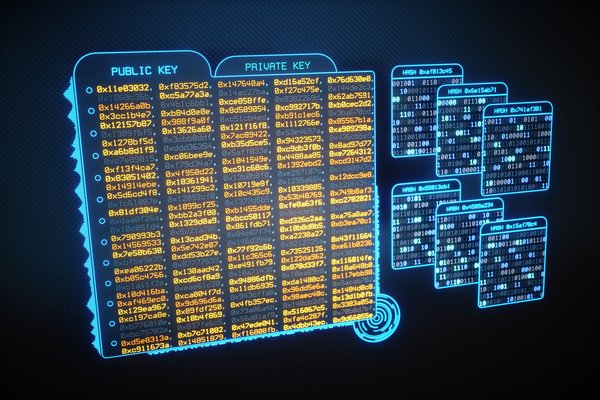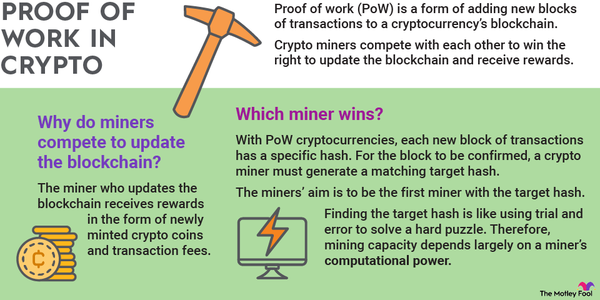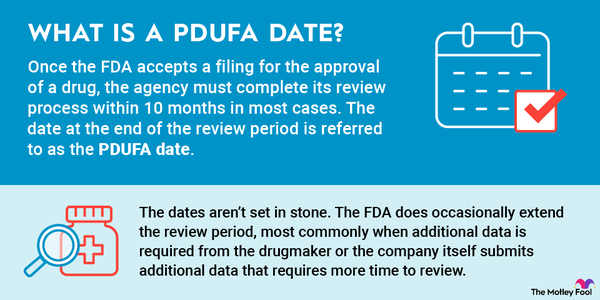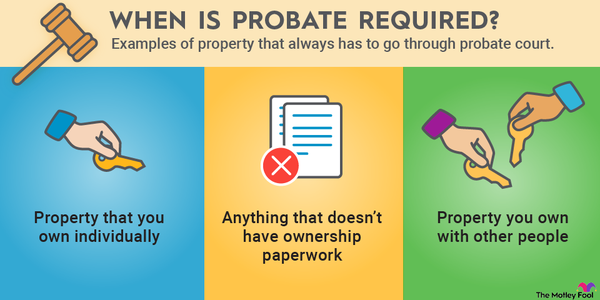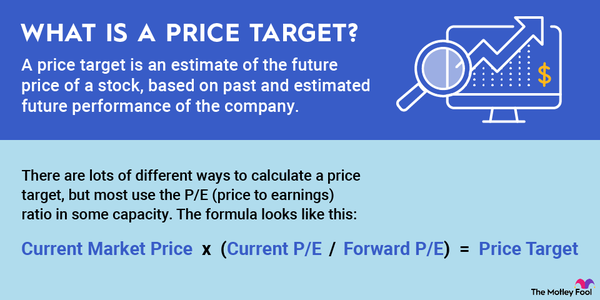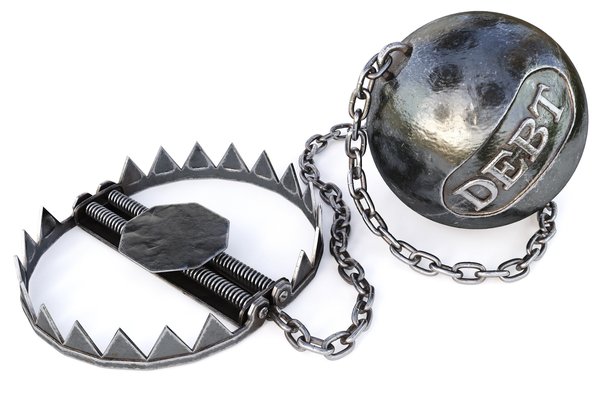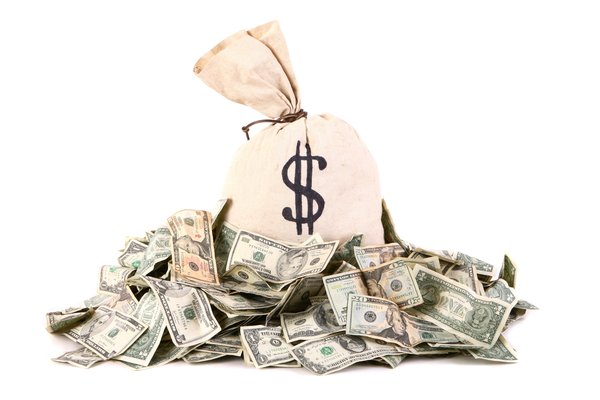Brand moats exist to help brands stand out and create more value for the company by providing an experience that's unmatched. But companies aren't the only ones who sometimes need to protect their specific images -- people do, too. That's where personal moats come in; they offer one more way to drill down into brand moats in this age of superstar CEOs and Instagram influencers.

Overview
What is a personal moat?
A personal moat is just like a brand moat but for a person instead of a company. With a personal moat, a person uses their personal brand to establish the same kind of defensible position that companies do with theirs. Once in position and established, personal moats can catapult people to household name status.
If you think about it, you almost certainly have heard of someone with a personal brand moat, such as actresses and actors. In the world of business, it's more likely to be CEOs and billionaires. Take Elon Musk, Warren Buffett, or even Bill Gates. Love them or hate them, you know them and know they have dedicated followings to match those of Starbucks (SBUX 0.59%), Costco (COST 0.67%), or Coca-Cola (KO -1.52%).
Why they are used
Why use a personal moat?
If you're running a business, establishing a personal moat as a way to protect your business can be a successful strategy. There's never going to be another you at another company, that's for sure. But you have to be certain you have something to offer that's unique and special (which explains why people often go way over the top to be seen).
Whether you're Richard Branson or Bill Gates, who you are also tends to influence how your company is perceived. Gates was an innovator, and even today, Microsoft (MSFT 1.06%) is a trusted name in software and cloud computing. Branson, in the same way, has influenced Virgin Galactic (SPCE -1.53%) by bringing flash and a bad-boy attitude to aerospace.
Pros and cons
Pros and cons of personal moats
Personal moats can be really great ways to give your company a moat that's hard to overcome since the moat relies on you as a person: your skills, your personality, and how you interact with the public. If you project a strong, authentic image, your personal moat may infect your company's culture and create a base from which to build. It may even become a base that can't be revoked as long as you're with the company since you're not going to deviate from who you are, are you?
On the downside, though, building a personal moat and relying on it for your company's success can spell disaster for the exact same reason. Musk has been a great example of this. His personal brand is so strong that people will defend him on X (formerly known as Twitter) for the most random things, but his image is starting to tarnish, and it's turned off a lot of potential customers for brands like Tesla (TSLA 0.15%) while completely crashing the value of X. Being a rock star isn't always all it's cracked up to be.
Related investing topics
Why they matter
Why personal moats matter to investors
Investors should always care about moats around companies. They are often strategic defenses that protect these companies from their competition, and keep the stock's value strong. However, when a personal moat is mixed up in a brand's moat, or it is the brand's only moat, it pays to move with caution.
Long-term investments that depend on a personal moat can often leave you relying on the imperfections that exist within us all. Few people are without skeletons in their closets, and when these come to light, they can cause serious damage to a brand that relies on a CEO's personal moat.
Sure, it's fun to follow companies that are run by big personalities, but what happens when those leaders step down? Will the company even survive their retirement or departure? It doesn't always pay to build a portfolio based on sensational people.

